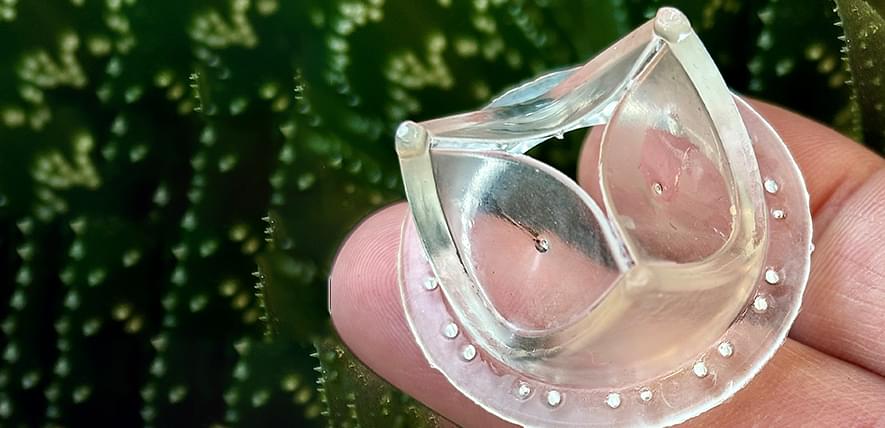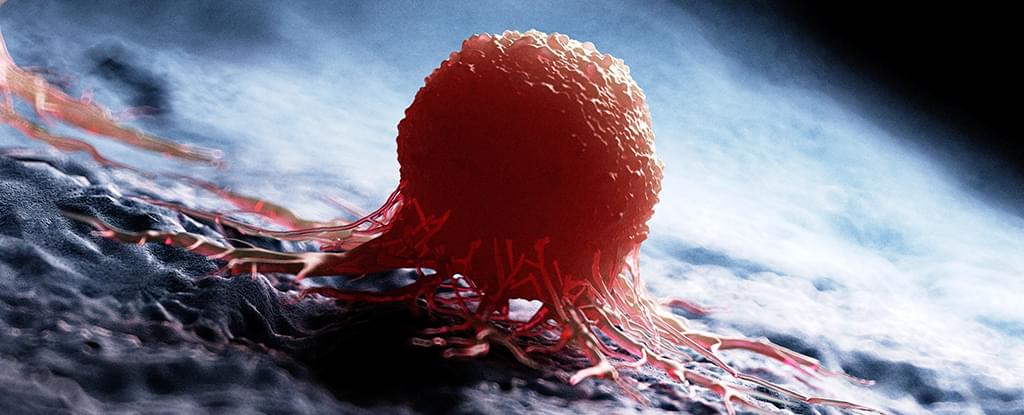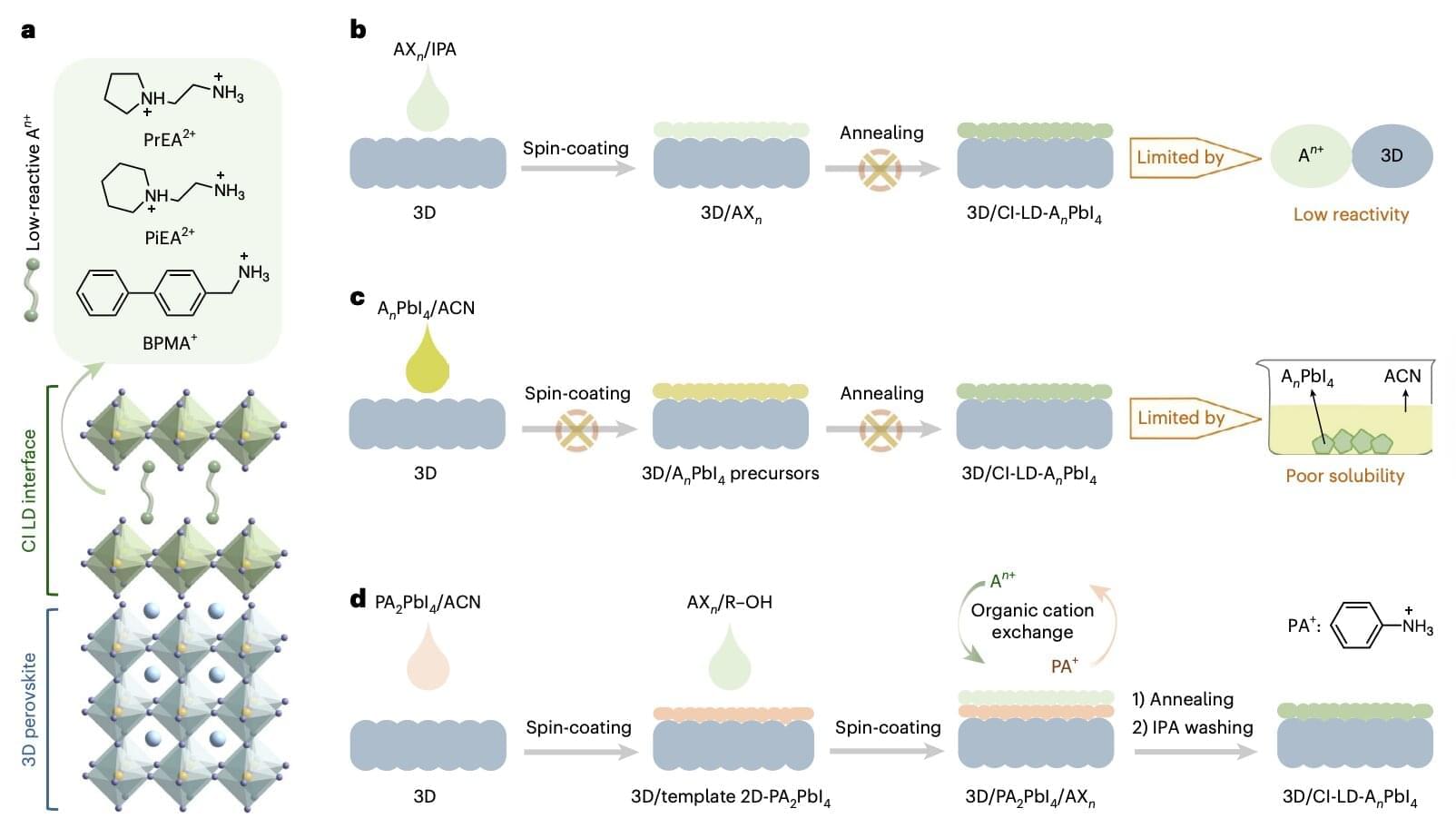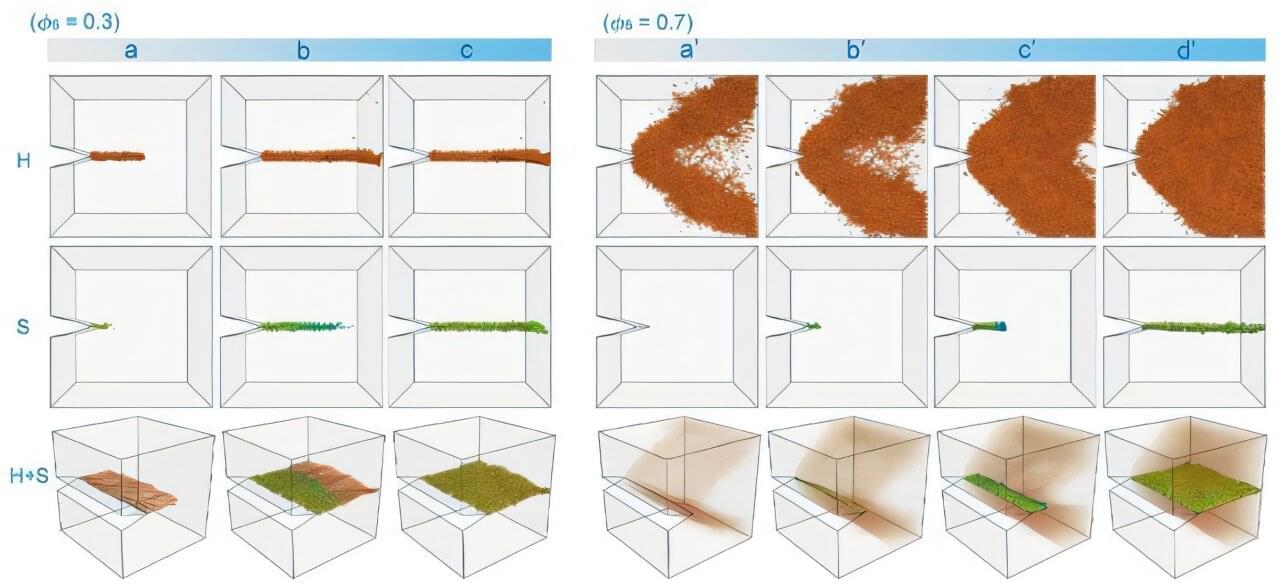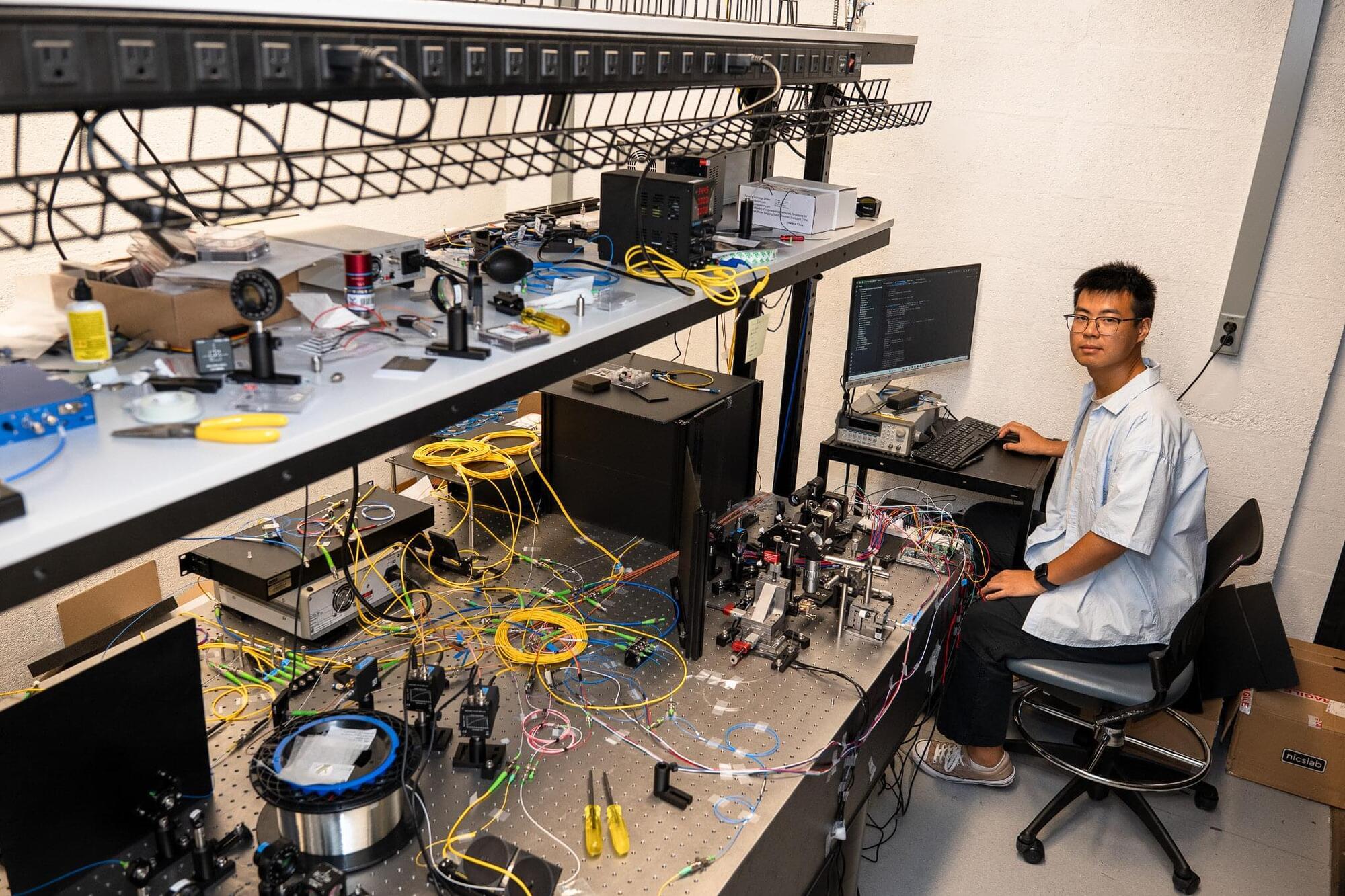A research team, led by the Universities of Bristol and Cambridge, demonstrated that the polymer material used to make the artificial heart valve is safe following a six-month test in sheep.
Currently, the 1.5 million patients who need heart valve replacements each year face trade-offs. Mechanical heart valves are durable but require lifelong blood thinners due to a high risk of blood clots, whereas biological valves, made from animal tissue, typically last between eight to 10 years before needing replacement.
The artificial heart valve developed by the researchers is made from SEBS (styrene-block-ethylene/butyleneblock-styrene) – a type of plastic that has excellent durability but does not require blood thinners – and potentially offers the best of both worlds. However, further testing is required before it can be tested in humans.
An artificial heart valve made from a new type of plastic could be a step closer to use in humans, following a successful long-term safety test in animals.
